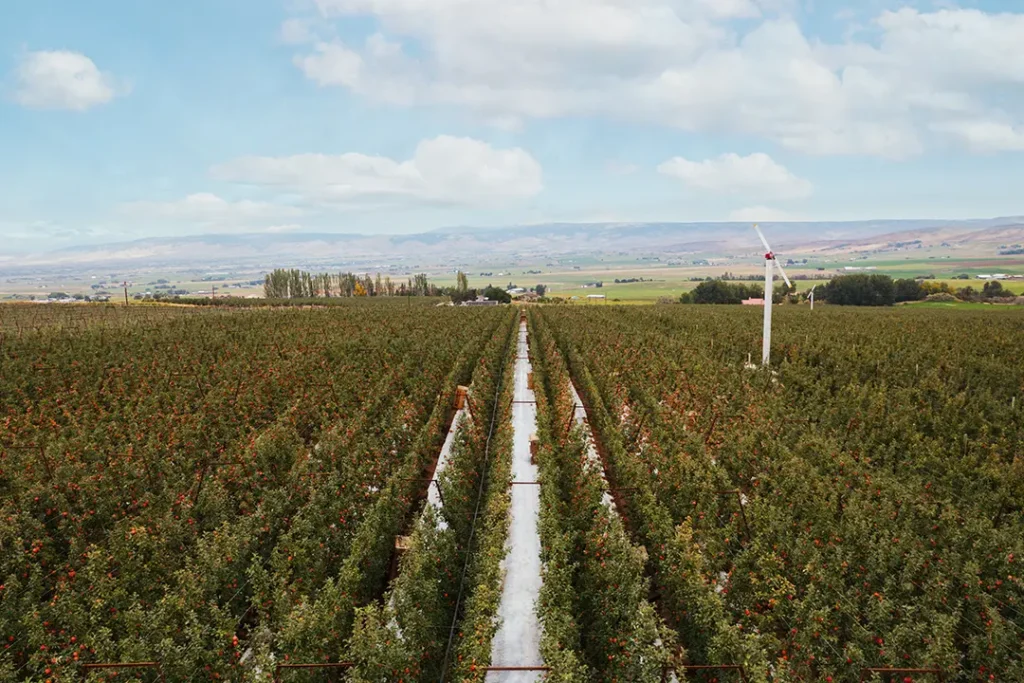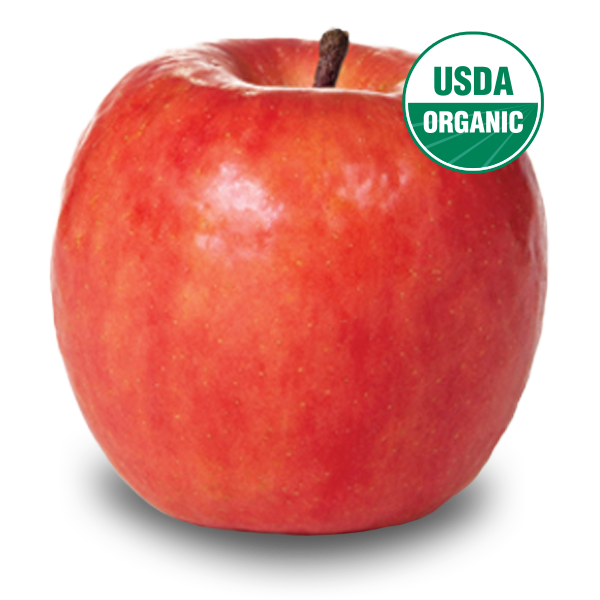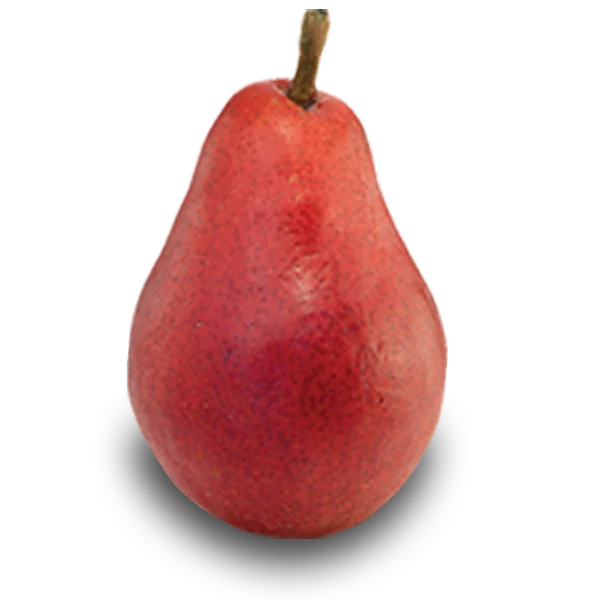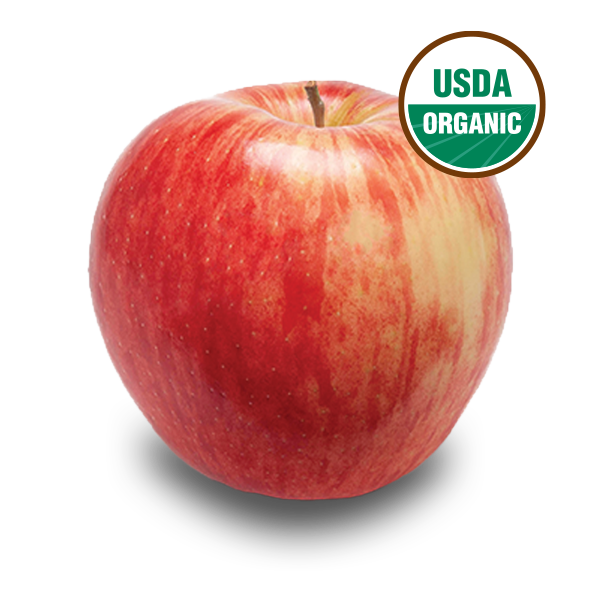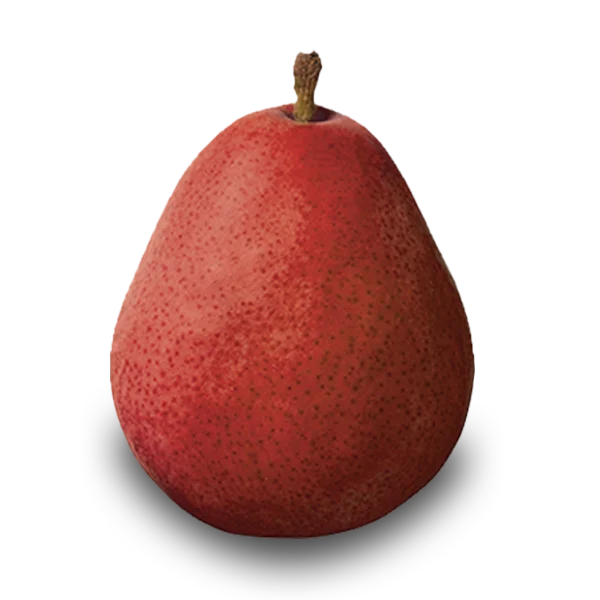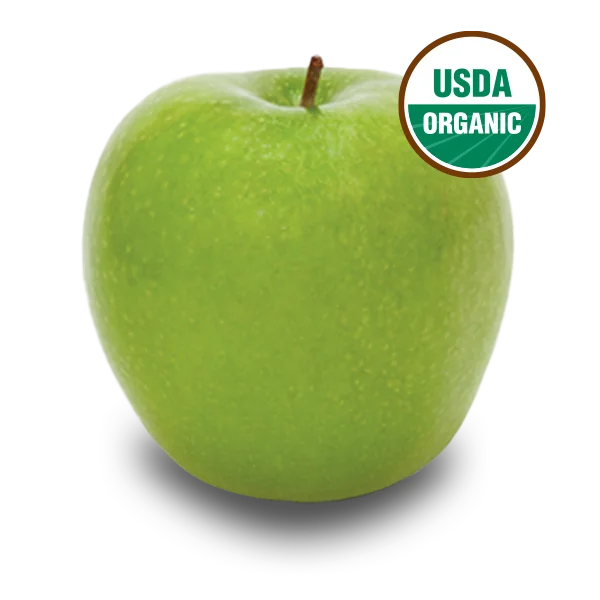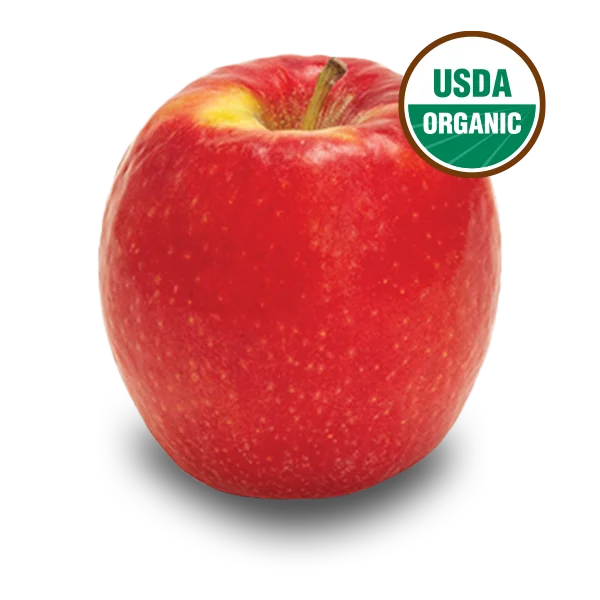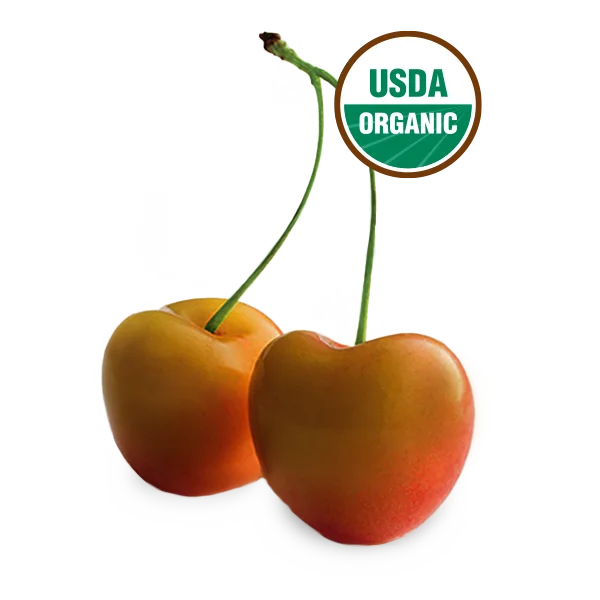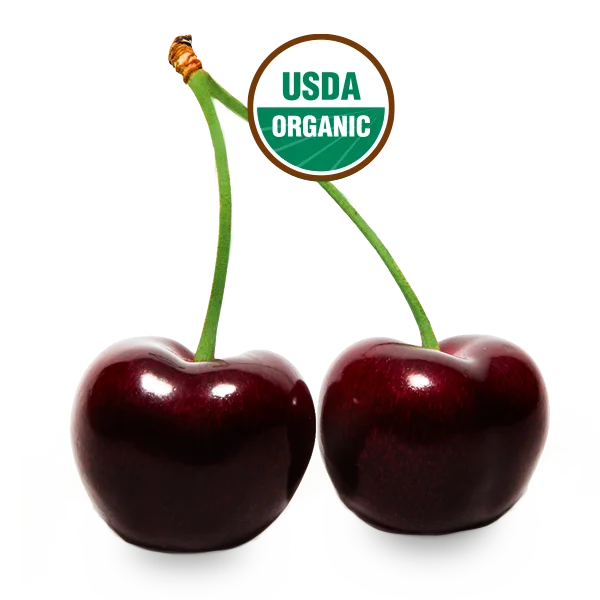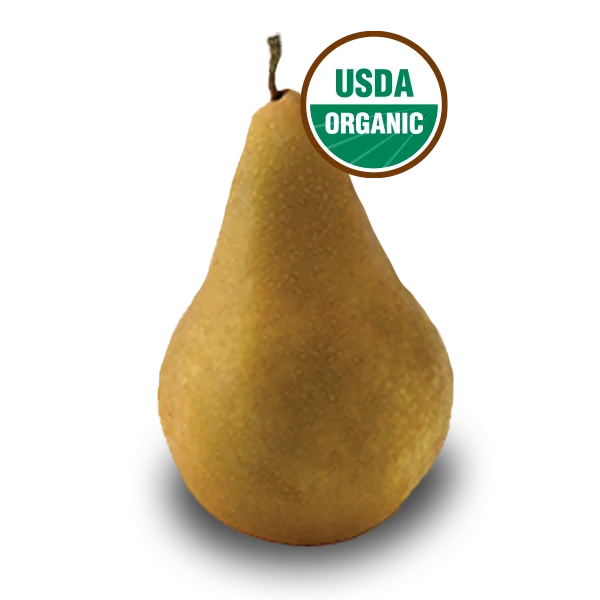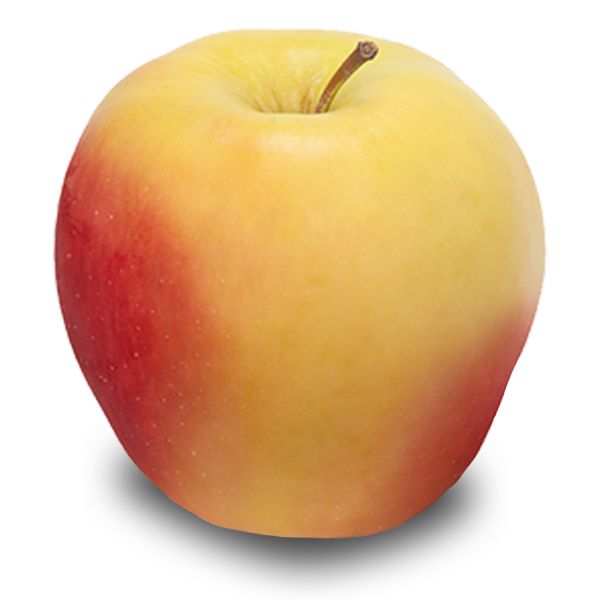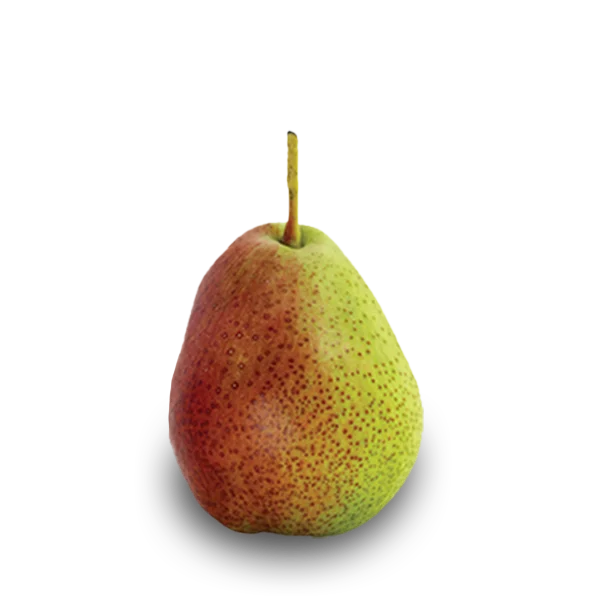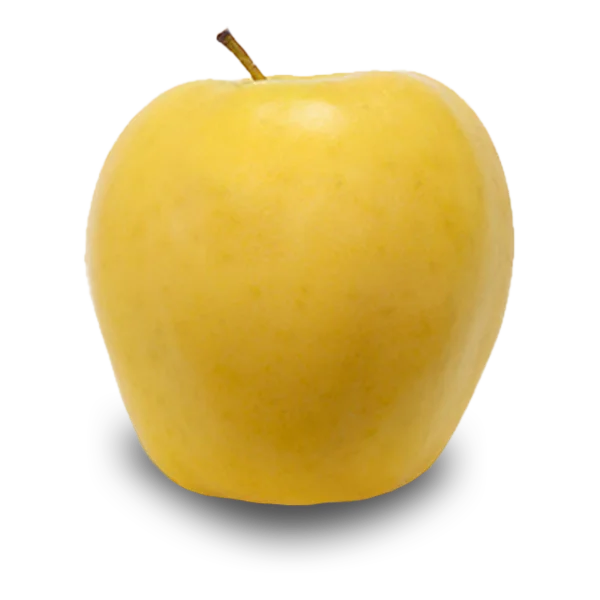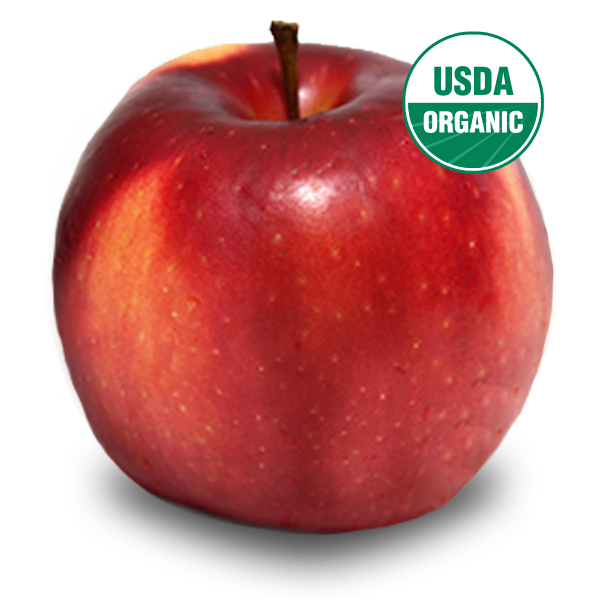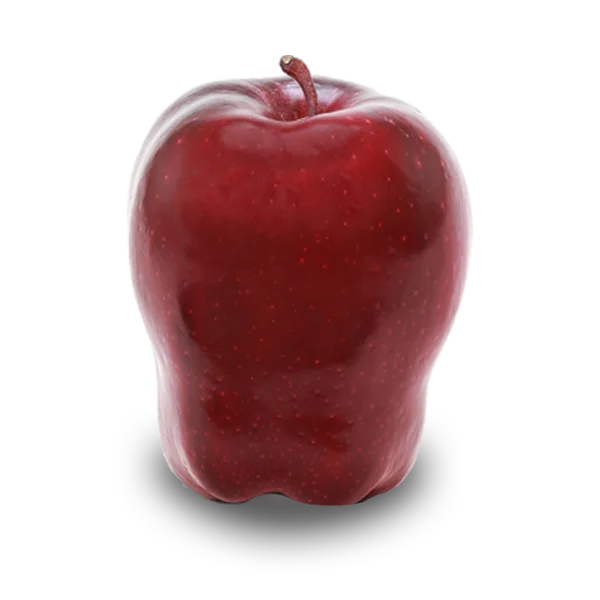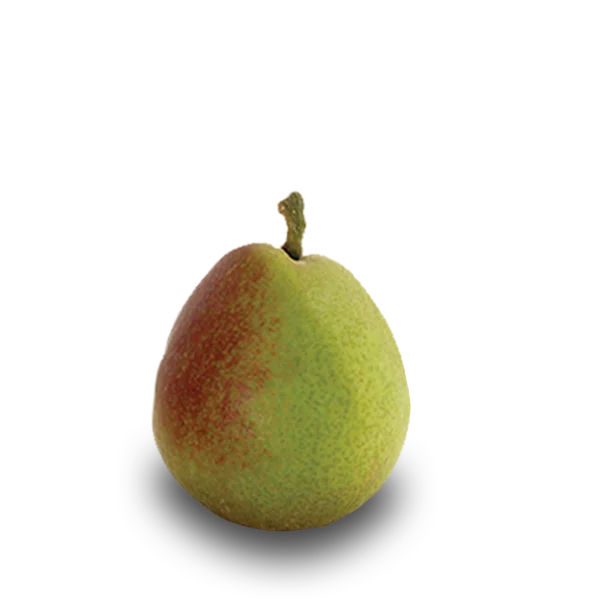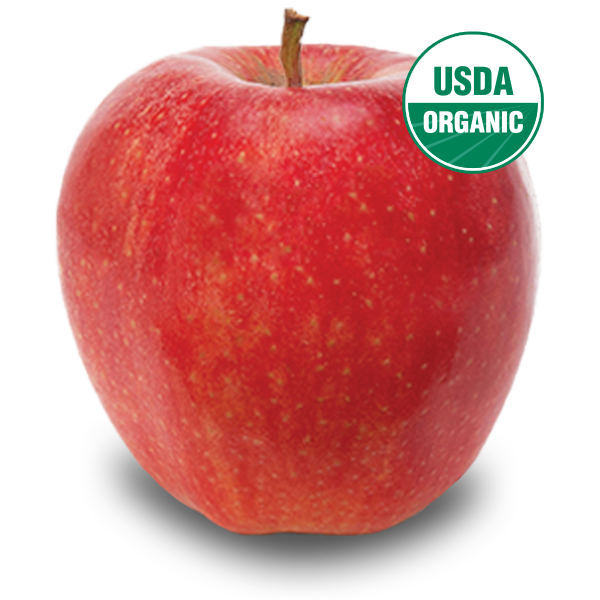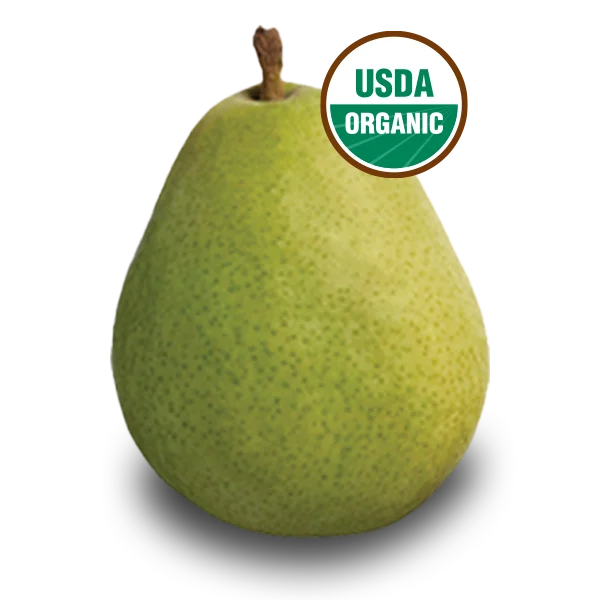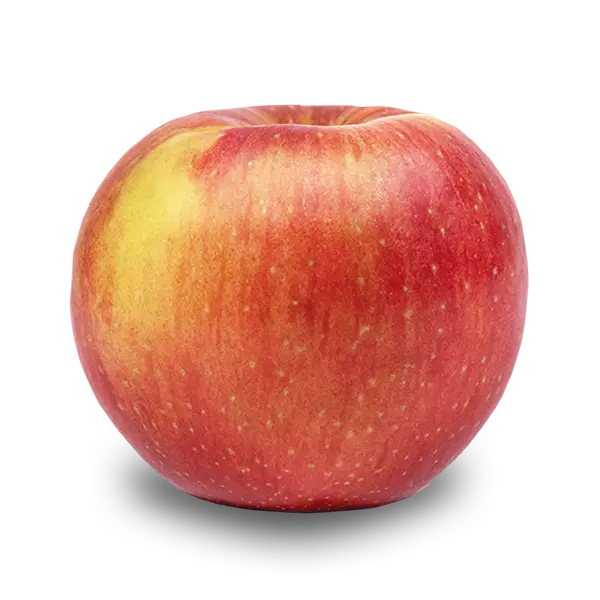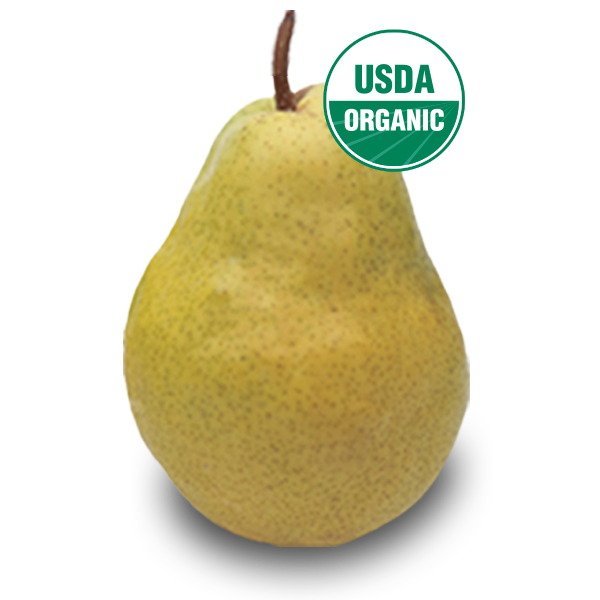Rooted in Responsibility. Growing for the Future.
Sustainability is at the core of our growing practices. Our family-owned operation has deep roots in the Yakima Valley, and we’re committed to caring for the land, conserving resources, and supporting a healthier environment for future generations. We utilize environmental practices such as Integrated Pest Management (IPM), smartly sourced materials, soil health, and resource management.
Regenerative Organic Farming
We believe regenerative farming is about restoring what’s been lost and protecting what we still have, improving the land for future generations while producing exceptional fruit today.
We’re proud to be among the first in Washington’s fruit industry to become Regenerative Organic Certified® for our organic apple and cherry orchards. This gold standard in farming builds on USDA Organic and adds greater requirements across three pillars:
- Soil Health & Land Management
- Fairness for Farmers & Workers
- Animal Welfare

What Regenerative Organic Means on Our Farms
Our certified orchards reflect a wide range of practices that benefit the land and the people who care for it:
- No synthetic fertilizers, pesticides, or GMOs
- Integrated Pest Management (IPM) to protect pollinators and reduce harmful inputs
- Beneficial gardens to attract natural predators and pollinators
- Riparian zone protection to safeguard streams and waterways
- Enhanced onboarding and training protocols to support and empower our workforce
- Annual third-party audits to maintain transparency and accountability
Pollinator-Friendly Farming
At Washington Fruit Growers, we know pollinators aren’t just important, they’re essential. Bees and other beneficial insects play a critical role in the success of our apple and cherry orchards. That’s why we’ve taken extra steps to ensure our farming practices support healthy habitats and ecosystems.
Read more
We’re proud to be Bee Better Certified and to use Integrated Pest Management (IPM) practices across our operations. These approaches help us reduce harmful inputs, support biodiversity, and work with nature instead of against it.
Pollinators are responsible for more than one-third of the food we eat, including the apples, pears, and cherries we grow. Bee populations have been declining due to habitat loss, pesticide use, and disease. By improving habitat, minimizing chemical exposure, and working in sync with nature, we’re doing our part to reverse that trend.
Pollinator protection isn’t a checkbox—it’s a commitment woven into how we farm, train our teams, and care for the land. Whether it’s preserving wildflower corridors, or educating workers on bee-safe practices, we see this work as essential to our mission of growing food sustainably.
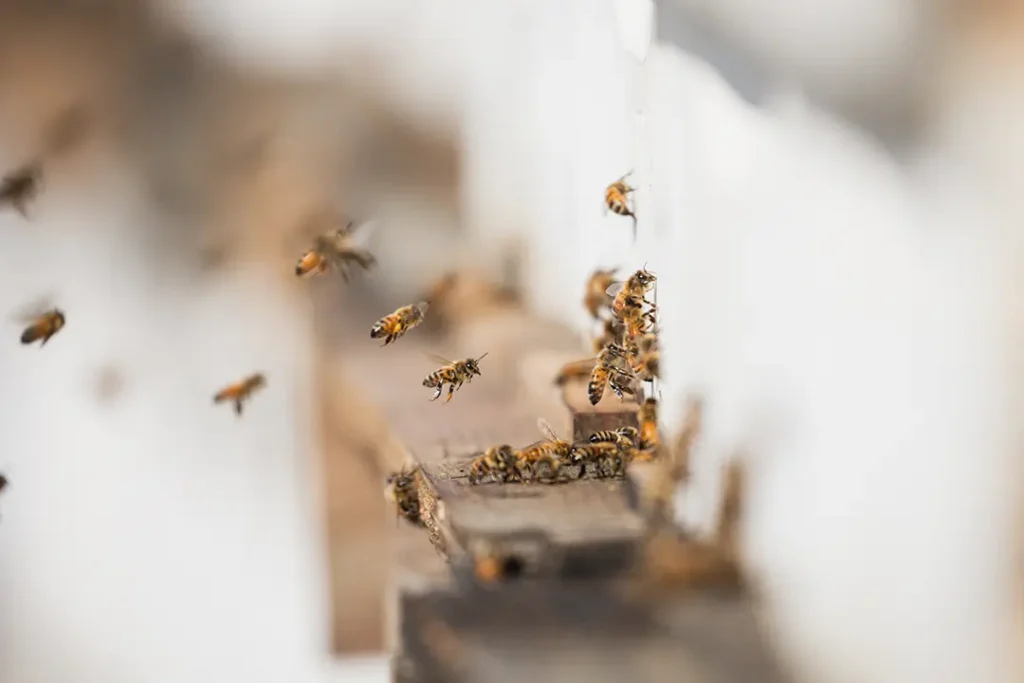
Packaged with the Planet in Mind
Sustainability doesn’t stop at the orchard. We choose responsibly sourced, recyclable and compostable packaging materials whenever possible. We work with suppliers who share our values and continually evaluate ways to reduce waste, minimize plastic, and improve the sustainability of our supply chain.
Read more
As part of our commitment to sustainable sourcing, we foster constructive long-term relationships with suppliers that share our focus on environmentally responsible and sustainable business practices. Our supplier of box material uses recycled paper products which are compliant with the Sustainable Forestry Initiative. The volume of paper in each box has also been reduced to help push sustainability even further. Any waste cardboard or paper products are collected and recycled at our tray and pad supplier. Our supplier uses recycled material to manufacture top pads, trays and layer pads. Smartly sourced materials ensures we will reduce waste and help sustain a healthy environment.
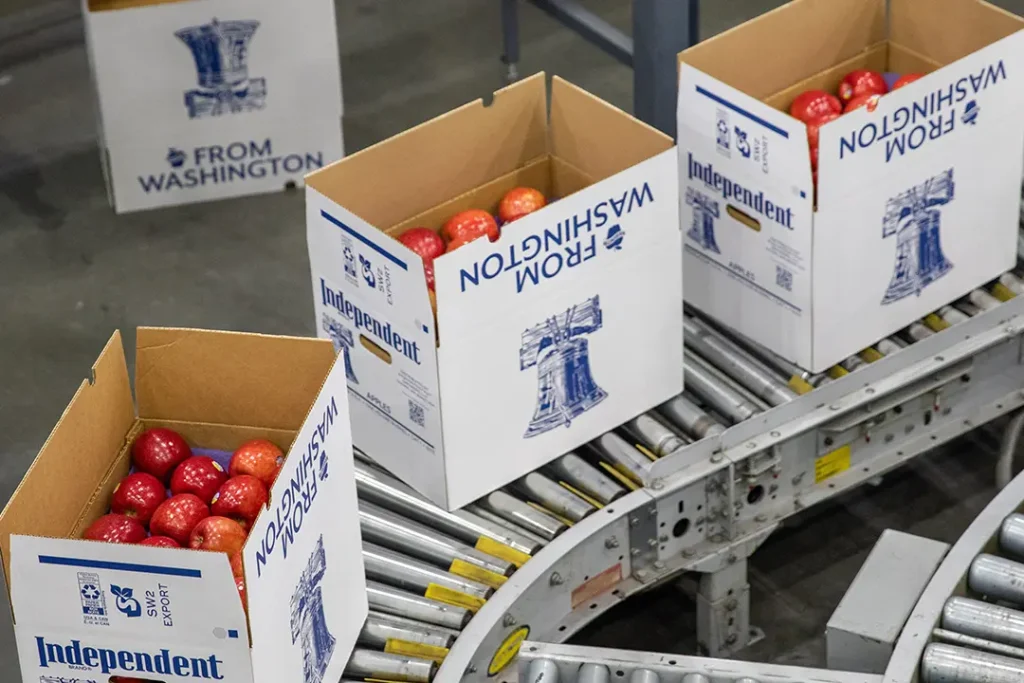
Healthy Soil, Healthy Fruit
We believe healthy soil is the foundation of everything we do. It’s not just dirt—it’s a living, breathing ecosystem that supports our trees, our fruit, and the future of our farms.
Read more
We care for our soil using time-tested and sustainable practices that help it thrive year after year:
- We plant cover crops between orchard rows to add nutrients, build organic matter, and prevent erosion.
- We mow, chip, and recycle plant matter, which helps protect the soil’s structure and moisture.
- We apply mulch, compost, and beneficial microbes to support a thriving underground network of fungi, insects, and microorganisms.
Together, these practices create a rich, balanced soil that helps us grow better fruit—without compromising the land for future generations.
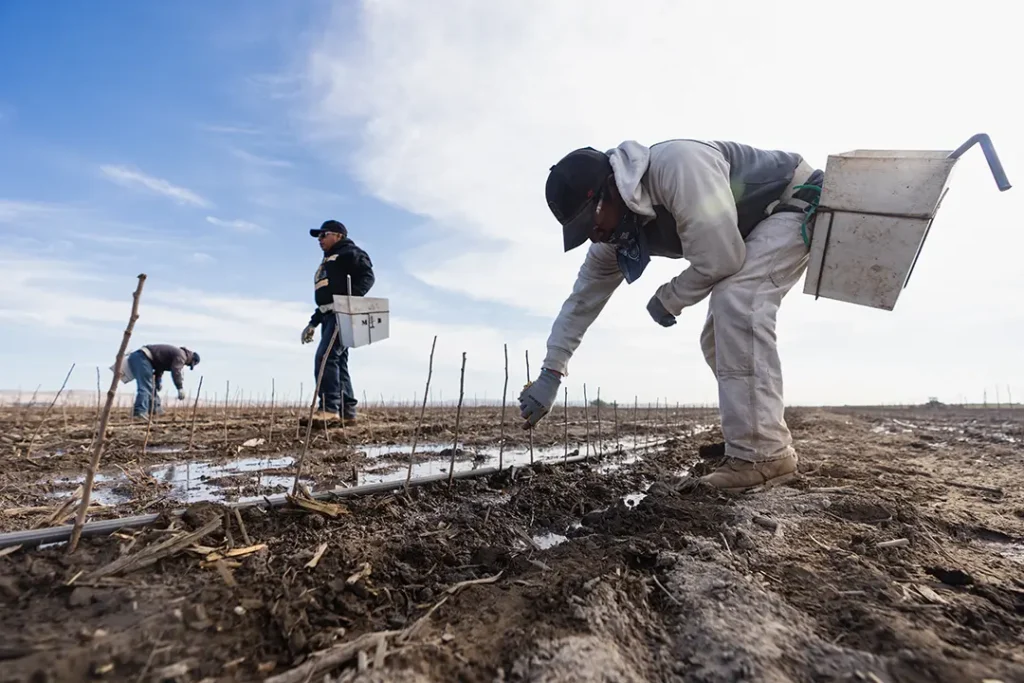
Caring for Our Resources, Today and Tomorrow
Protecting natural resources is a top priority. We know that conserving water, energy, and soil is essential to keep our orchards and operations thriving for generations to come. Here’s how we manage resources wisely across our farms and packing facilities:
Read more
- On our orchards, we use efficient irrigation methods like micro-sprinklers and drip systems to deliver just the right amount of water—no more, no less.
- We plant grass between orchard rows to reduce soil erosion and keep moisture locked in. The grass clippings stay right where they fall, acting as natural mulch and fertilizer.
- Our packing line is designed with conservation in mind. We use low-volume nozzles and high-pressure rinse systems to save water without sacrificing cleanliness.
- Thanks to an in-line filtration system, we can recirculate water during packing, cutting down on waste and helping us be more efficient.
